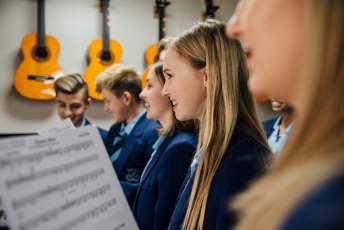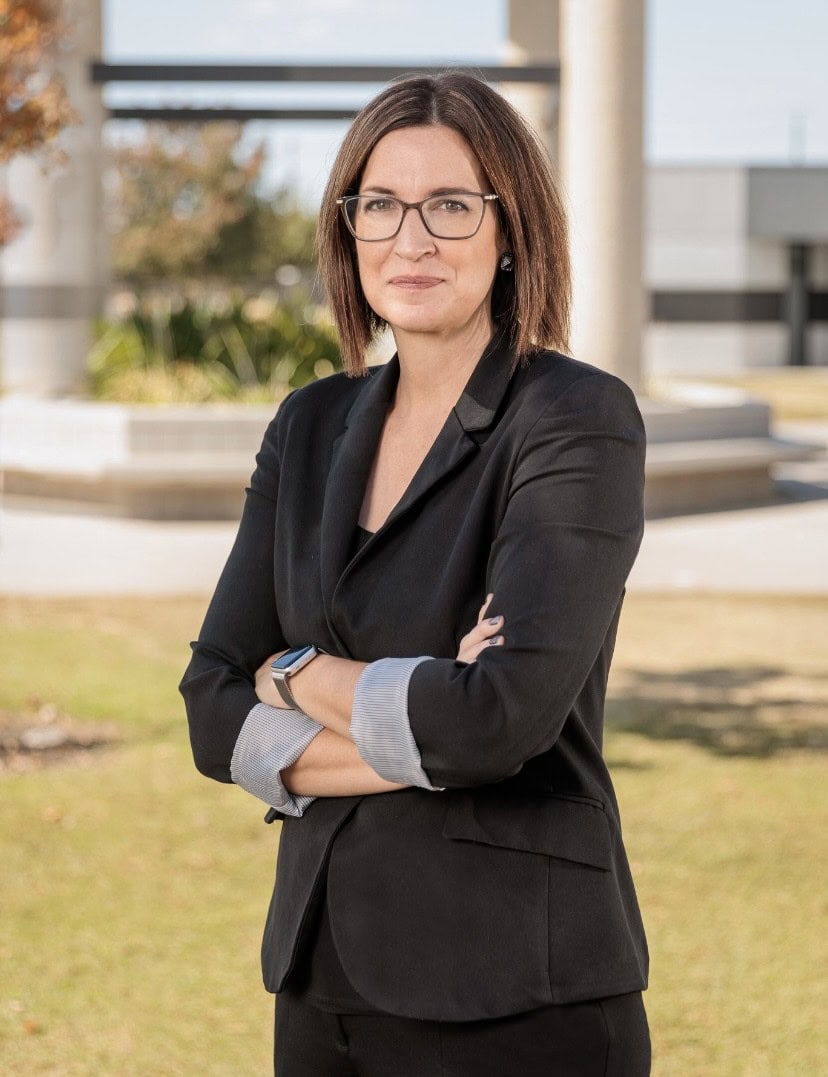Featured Resources
Search for teacher’s guides, lesson plans, advocacy resources, research reports, and more.
NAfME Journals
NAfME publishes five peer-reviewed journals available to members as part of their membership; all are available online to members at no additional cost.

Music Educators Journal
Peer-reviewed scholarly and practical articles on music teaching approaches and philosophies, instructional techniques, and more.

Journal of Research in Music Education
Peer-reviewed journal comprising reports of original research related to music teaching and learning.

Journal of General Music Education
Peer-reviewed journal describing successful practices from early childhood through high school.

Update: Applications of Research in Music Education
Peer-reviewed journal presenting reviews of research studies without research terminology or jargon.

Journal of Music Teacher Education
Peer-reviewed research journal includes general interest articles and research articles related to music teacher education.
Research and Music Teacher Education
Research and music teacher education are among the cornerstones of the NAfME Strategic Plan. Learn more about the work of the Society for Research in Music Education and the Society for Music Teacher Education.
Music Standards
The 2014 Music Standards are all about Music Literacy. The standards emphasize conceptual understanding in areas that reflect the actual processes in which musicians engage: Creating, Performing, and Responding.












